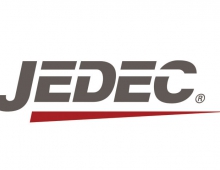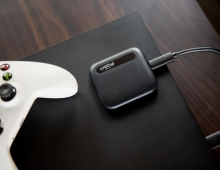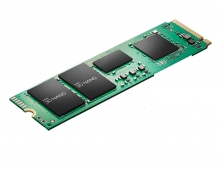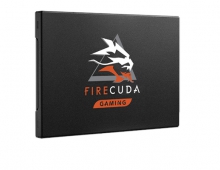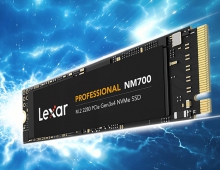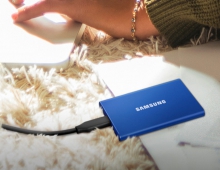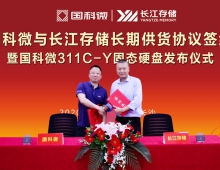
Intel Dominates the Enterprise SSD Market
Intel remains the largest producer of corporate solid state drives (SSDs) in the first quarter, data showed Friday, with its rival Samsung Electronics to follow.
According to data released by industry tracker DRAMeXchange, Intel accounted for 40 percent of the market, while Samsung's share stood at 25 percent in the January-March period.
While Samsung stands as the top player in the SSD market for private usage, it still falls behind the U.S. rival in the sector for companies.
however, Intel has been feeling the pressure from Samsung. Before the first quarter of 2017, Intel had fallen behind in its development of 3D-NAND SSDs. The company had to offer products that were not as cost competitive as Samsung's because they were based on older memory manufacturing technologies. To attract customers, Intel not only lowered prices but also emphasized that its SSDs complement its server processors. After persevering into the first quarter of this year, Intel was able to ship its 3D-NAND products in greater volumes.
The combined shipment of the corporate SSDs was estimated at 6 million units in the first quarter, up 3-4 percent on-year, the data also showed.
Currently, U.S.-based Google, Facebook and Microsoft and China's Baidu, Alibaba and Tencent all have voracious appetite for server systems as they are providing their services via their growing network of data centers. These companies therefore are contributing substantially to the global demand for enterprise-grade SSDs.
Third-place Western Digital controls over 20% of the enterprise-grade SSD market owing to its acquisition of SanDisk. The company became the third-largest supplier worldwide in the first quarter of 2017.
From the aspect of memory architectures and product offerings, Intel during this year's first half will be shipping mostly enterprise-grade SSDs using 3D-NAND MLC chips. As for the more cost-competitive enterprise products using 3D-NAND TLC chips, Intel will formally release them at the beginning of this third quarter.
Samsung already has more than 80% of its enterprise-grade SSD shipments comprised of products using 3D-NAND TLC chips. With regard to other SSD suppliers, only Micron has started to ship enterprise-grade 3D-NAND SSDs. The rest of the competitors are expected to still mainly offer 2D-NAND products for this year.

